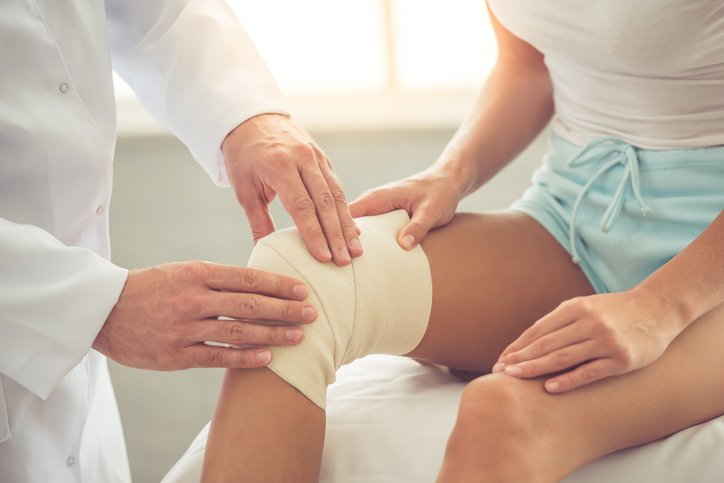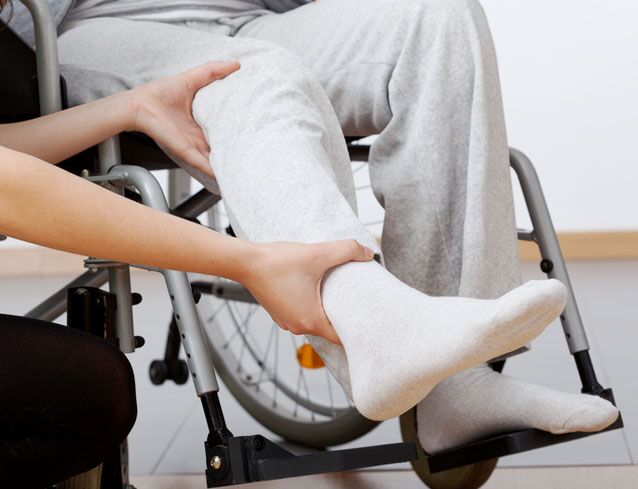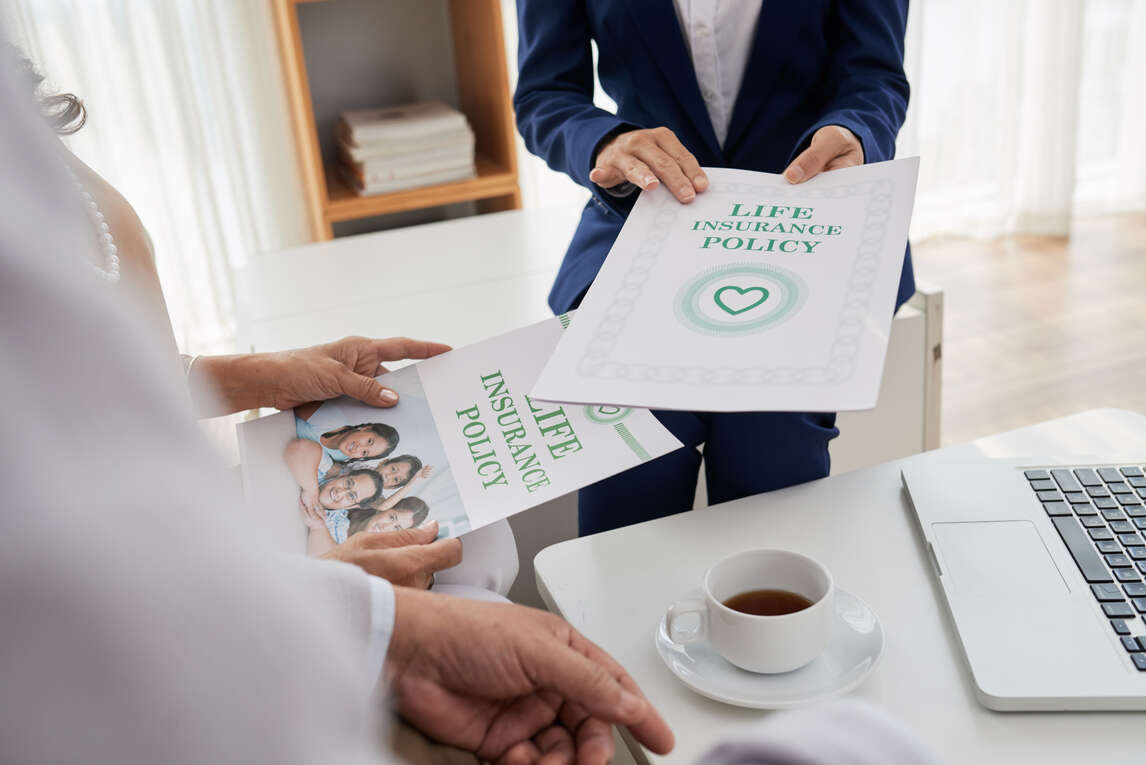
A slip, trip or fall accident which causes personal injury can occur in public or private places and the law relating to negligence for both locations is often very similar. In these cases, any allegation of negligence by injury compensation lawyers can often be defended if the occupier of the land in question has taken reasonable care for the safety of visitors.
Liability for accident compensation attaches to the occupier or in some cases the owner of property which may include homes, gardens, hotels, shops, places of employment and any privately-owned land or building. The occupier must take reasonable care, to ensure that any invited visitor will be reasonably safe. An accident due to something being on the floor may be the liability of the occupier even if it was left there by another person. Failure to protect the public by an owner or occupier may enable an injury compensation lawyer to take legal action for damages.
Slipping And Tripping In Private Places
This includes factories and homes as well as any land around them including gardens. Whilst most workers in a commercial environment are very well protected by specific legislation relating to workplace safety, what many people do not realize is that in addition to being able to take legal action against a landlord for injury caused by defective commercial premises it is also possible to take action against a private occupier of a domestic dwelling if a tripping or slipping or falling accident occurs on property owned, rented of controlled by them due to their negligence. This means that if a slip or trip causing a fall and subsequent injury occurs at a friends home then a claim can be made and if that friend has a policy of household insurance, it will almost certainly be the insurer that pays the compensation.
Slips And Trips In Public Places
This includes roads and pavements and shops and offices to where the public are ostensibly invited with free access. In most cases the rules that govern trip slip and fall compensation claims are similar but there may be exceptions for some Government controlled property known as sovereign immunity. The occupiers of these locations which can be a public authority, or a private institution have a duty to regularly inspect and repair/clean their property and premises. If they fail to implement an adequate inspection and repair/cleaning regime and someone is injured in a slip or a trip, then they may be liable to pay compensation.
Accidents At Work
Trips, slips and falls at work are commonplace and there exists a raft of legislation aimed at preventing falls from height, tripping on debris left on office or factory floors and slipping on spilt liquids. Employers who fail to look after the health and safety of their employees will inevitably be found to be negligent in any legal action taken by an injury compensation lawyer if there is any doubt about whether they have provided a safe system of work for employees to use. Employers will also be found liable for the negligent acts of co-workers. Staff who work away from the employer’s premises may also covered.
Compensation Awards
Injury compensation lawyers may claim the following items:
loss of earnings
damage to property
assistance for household chores
care and assistance
medical charges
pain and suffering’
loss of the enjoyment of life
disadvantage on the open labor market
medical therapies
traveling expenses
expenses
aids and equipment
adapted accommodation and transport
Wrist Injury
The majority of wrist injuries are the result of falls, trips and slips. A trip or fall can occur in a variety of places. An individual can fall whilst at work or on private or public property. Because of the complex structure of the wrist bones, serious injuries requiring extensive and ongoing medical treatment are not unusual. This is particularly true for elderly persons who injure a wrist.
The human wrist is made up of the ends of the radius and the ulna, the two bones which make up the forearm together with eight carpal bones that connect to the bones in the hand. These carpal bones are held together by a system of muscles, ligaments and tendons.
An individual trying to break their fall with their hands is the most common cause of wrist injuries. Using your hands to break a fall can cause your wrist to become sprained, fractured or dislocated. Wrist injuries can range from mild sprains to severe cases of torn ligaments and ongoing instability of the joints in the wrist. In some cases, the fall or other incident leading to the wrist injury was caused by the negligent behavior of a third party. If you suffered a wrist injury because of a third party’s negligent actions, you may be able to instruct a lawyer to claim compensation.







